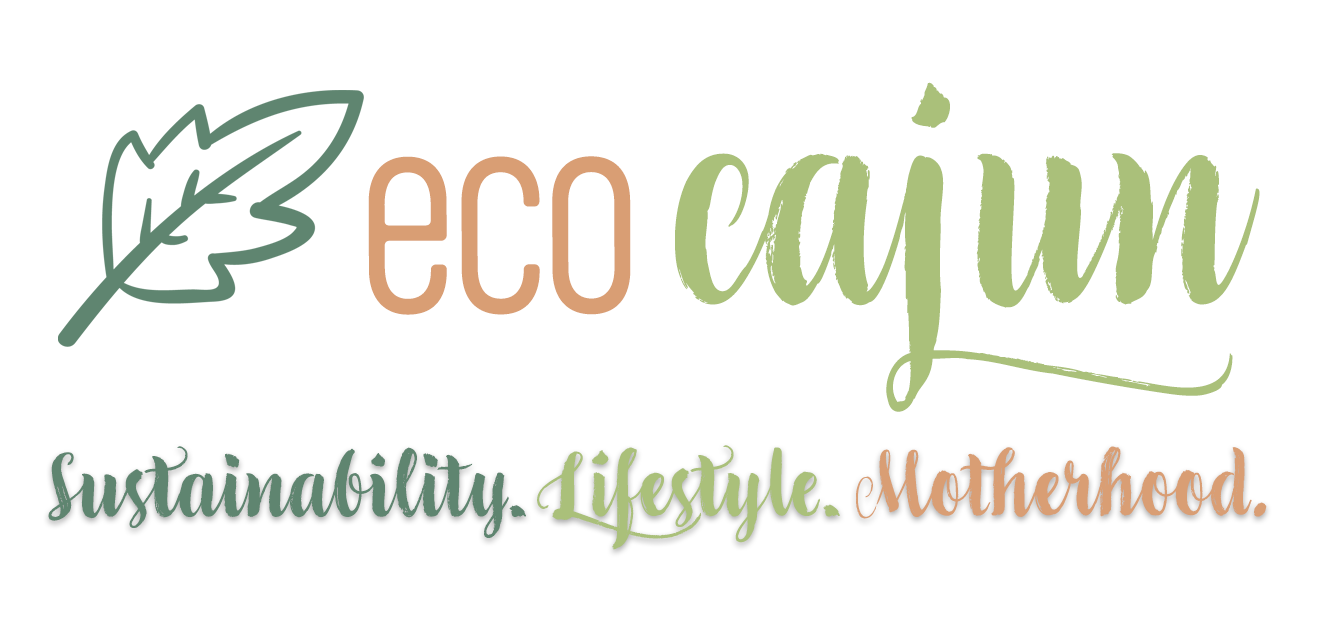But what about bits of plastic so small, they can't be recycled, or even properly disposed of?
"Oh, I don't have anything with plastic that small!"
Well...you might. Look in your bathroom products. Does anything say 'scrub' or 'exfoliator' of some sort? Then you've got microbeads to think about.
According to Beat the Microbead (no beating around the bush there), polyethylene microbeads flow straight from the bathroom drain into the sewer system - which is what they are designed to do.
However, wastewater treatment plants are not designed or able to filter out the tiny (usually smaller than two millimeters) particles, so they end up in our water systems and into the world’s oceans. Microbeads are not biodegradable and they are impossible to remove from the marine environment. Sea creatures absorb or eat these microbeads, which are passed through the marine food chain. And they can come back to us in our food, especially fish.
The Story of Stuff says that fish humans harvest for food have been known to eat the tiny plastic particles at an alarming rate, and the toxins absorbed in those plastics transfer to the fish's tissue. It's dangerous because plastic microbeads absorb persistent organic pollutants (long-lasting toxic chemicals like pesticides, flame retardants, motor oil and more) and other industrial chemicals that move up the food chain when the toxin-coated beads are consumed by fish and other marine organisms. A single microbead can be up to a million times more toxic than the water around it!
Manufacturers are taking action to ensure microbeads are removed from their personal care products and replaced by naturally biodegradable alternatives, but not all products are there yet. Beat the Microbead has a list from July 2015 of products in the United States that still contain the tiny scrubbing, exfoliating, polluting beads.
Mother Jones reports that a single tube of face wash can contain more than 300,000 of the plastic beads, which are cheaper than other common natural exfoliants like apricot seeds, coconut husks or even diatomaceous earth.
Just last week, the Marin Independent Journal reported that San Francisco Bay is more contaminated with plastic bits than the Great Lakes and Chesapeake Bay.
At least 3.9 million pieces of plastic pour into the bay every day from eight large sewage treatment plants — a relentless torrent of litter that ranges from tiny “microbeads” found in cosmetics, facial scrubs and toothpastes, to bits of synthetic fabric from fleece jackets, pants and other clothes, which break down as they are washed. - Marin Independent Journal
Microbeads are a perfect example of how something may seem small and insignificant, but adds strength in numbers.
Next time you're shopping for face wash, toothpaste or shower gel, look for microbead-free options. There are plenty of tested, toxin- and plastic-free products we can use instead, saving our waterways and oceans from these particles.






No comments